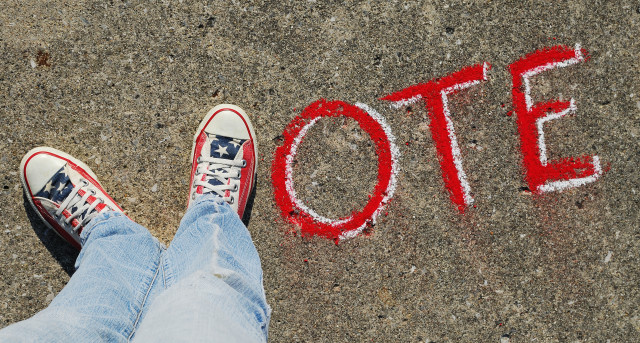Hundreds of candidates have filed to run in the August primary. We’ll update with info about them throughout the summer.

Hawaii is the only state that holds its statewide primary election on a Saturday. This year, the primary is Aug. 11.
The polls are open from 7 a.m. to 6 p.m., but Hawaii also has a robust mail-in voting process. In 2014, the last time we voted for governor, 56 percent of voters dropped their ballots in the mail in the weeks before Election Day. Early voting has become such a factor that candidates time their campaigns to take advantage of it.
One U.S. Senate seat in Hawaii and both of our U.S. House seats will be on the Aug. 11 primary ballot.
All 51 House seats are up for election along with 13 of the 25 state Senate seats.
So are four of nine Honolulu City Council seats, and county council seats in Maui County, Kauai County and Hawaii County. Voters also will be electing new mayors for Maui and Kauai.
Five of the nine seats on the board of trustees for the Office of Hawaiian Affairs will also be on the ballot — three at-large seats, one representing Oahu and one for Maui.
Candidates who win their primaries and have no general election opponent are deemed to have won the office. In Hawaii, many statewide and legislative races are effectively decided in the primary because of the overwhelming dominance of the Democratic Party of Hawaii. So whichever Democrat wins the primary often goes on to prevail in the general election.
Hawaii allows candidates to run as independents if they choose not to join a political party. But nonpartisan candidates rarely progress past the primary election because state law requires them to get at least 10 percent of the total votes cast in the primary or as many votes as the winning partisan candidate who got the least number of votes.
County-level races as well as the contest for the Office of Hawaiian Affairs are nonpartisan. Candidates are not designated as Democrats, Republicans, Libertarians, Greens or any other affiliation. Some county races with only two candidates won’t appear on the primary ballot but will be on the Nov. 6 ballot.
Below is a list of the candidates who have filed their paperwork to run for office in the primary. The filing deadline for both the Aug. 11 primary and the Nov. 6 general election was June 5.
Some candidates have been active for months, including raising money from contributors. You can study campaign finance reports for each candidate at the Hawaii Campaign Spending Commission website.
Voters don’t have much time to check on where candidates are getting their money, especially with the popularity of early voting in which people can begin turning in their ballots about a month before the election.
Civil Beat has been analyzing the campaign cash flowing to candidates, looking at candidates as well as contributors, including political action committees. You can find those stories in our ongoing report, Cashing In.
We also review campaign ads — on TV, the internet, radio — and provide insight into what the candidates are trying to achieve as well as pointing out any questionable factual assertions. That’s a series we call Ad Watch.
Check back frequently. We’ll also be including links to information on candidates and where they stand on important issues. We’ve sent out candidate questionnaires for congressional, statewide and legislative races, as well as for the county mayor and council races. We’ll link to those from this page as they come in.
For more information, visit the Hawaii Office of Elections website.
